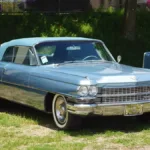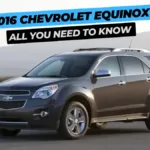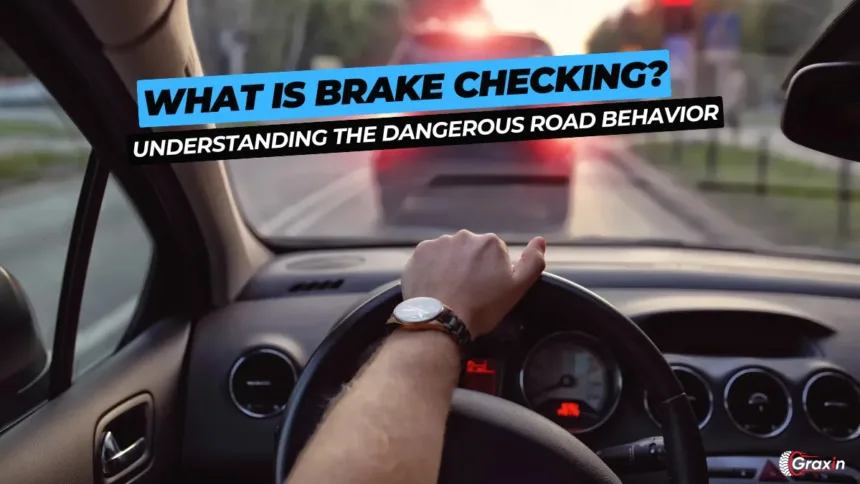In today’s fast-paced world, drivers are often in a hurry to get to their destinations. Unfortunate as it is, this may sometimes lead to aggressive driving behaviors like brake checking. But what exactly is brake checking, and why does it matter? If you’ve ever been on the highway and suddenly had the driver in front of you slam on their brakes for no apparent reason, you’ve likely encountered brake checking.
What is Brake Checking?
Brake checking is where you slam on the brakes to spook, among other things, the driver behind you. The quick stop is usually done as a means of communicating to the next guy who’s tailgating, you’re telling them that. In other words, you’re trying to get them to back off by threatening to back into them. Sounds scary, doesn’t it? That’s because it is.
Why Do Drivers Brake Check?
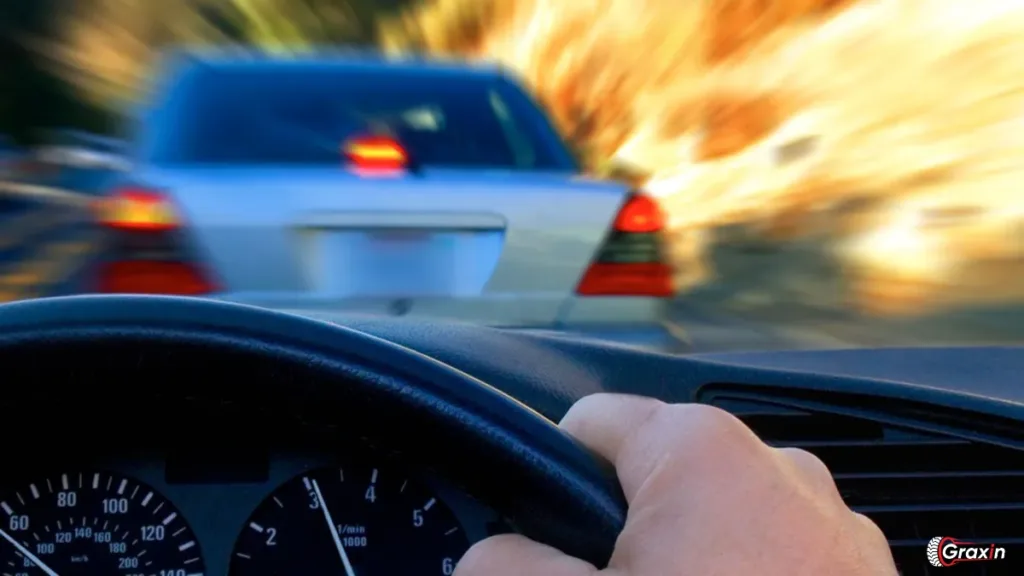
Then why would anyone jeopardize their own safety as well as that of others by brake checking? There are lots of reasons for this, and none of them are fantastic. A few do it out of frustration, mostly because they feel tailgated. Others do it as a form of road rage, trying to make the car behind them line up. It might be an impulsive reaction to feeling unsafe, even if not the smartest thing to do.
- Tailgating frustration: Drivers may brake check if they feel like the car behind them is following too closely.
- Aggression: Road rage can play a big role in brake checking.
- Defensive driving gone wrong: Some drivers think brake checking will help them create more space between themselves and the car behind.
Is Brake Checking Illegal?
Now you might ask: is brake checking illegal? In most cases, yes, brake checking is illegal. Actually, such an action falls under the category of reckless driving and can result in serious legal repercussions. Not only is everyone on the road in danger but fines, points on your license, or even a suspended license are other possible outcomes. This means that if there is an accident while brake checking, it is the one initiating the move who gets blamed.
- Reckless driving charges can apply.
- Fines and penalties vary by location but can be severe.
- Liability for accidents often falls on the person brake checking.
The Dangers of Brake Checking

There’s a pretty strong risk of accidents in brake checking. The next car will hit your rear bumper when you suddenly brake, which can cause injury to the people inside the vehicle or damage to their vehicle and worse and lots of other results. Even if it doesn’t hit your vehicle, a sudden braking can make the following driver lose control and hit another car or worse, lose all control.
Here are just a few of the dangers associated with brake checking:
- Increased risk of collisions: Sudden stops give the trailing driver little time to react.
- Potential for road rage escalation: Brake checking could provoke even more aggressive behavior.
- Legal and insurance problems: Brake checking can lead to complicated legal battles.
Brake Checking and Road Rage
Brake checking, in most cases, breeds road rage. Indeed, it ranks as one of the most observable behaviors regarding aggressive drivers. Road rage usually encompasses acts such as brake checking, tailgating, and cutting off other cars. When emotions reach a boiling point on the road, drivers are known to be rather rash in their decisions, and brake checking is no exception. However, these rash decisions often lead to catastrophic outcomes.
Brake Checking in Different Countries
Brake checking isn’t limited to any one country or region; it’s a global phenomenon. However, different countries have different laws and approaches when it comes to tackling aggressive driving behaviors like brake checking.
- United States: In most states, brake checking is considered reckless driving and can lead to hefty fines or license suspension.
- United Kingdom: Similar to the U.S., brake checking is classified as dangerous driving and can result in serious penalties.
- Australia: Brake checking is viewed as a form of road rage, with strict consequences for those caught engaging in the behavior.
How to Handle Brake Checking
If you find yourself being brake checked, the best thing to do is to remain calm. Reacting aggressively will only escalate the situation. Here are a few steps you can take:
- Back off: Create more space between you and the brake checker.
- Don’t retaliate: Avoid aggressive behaviors like tailgating or flashing your lights.
- Stay calm: Don’t let the situation trigger your own road rage.
- Report the incident: If the brake checking was especially dangerous, you may want to report it to the authorities.
Real-Life Examples of Brake Checking
Brake checking incidents are too common. For instance, in 2022, a driver in Florida was seriously injured due to a crash caused by brake checking a tailgater. The resulting multi-car collision not only resulted in injuries but also damage to several cars. Stories like these really show just how dangerous and reckless this behavior actually is.
Brake Checking and Insurance Claims
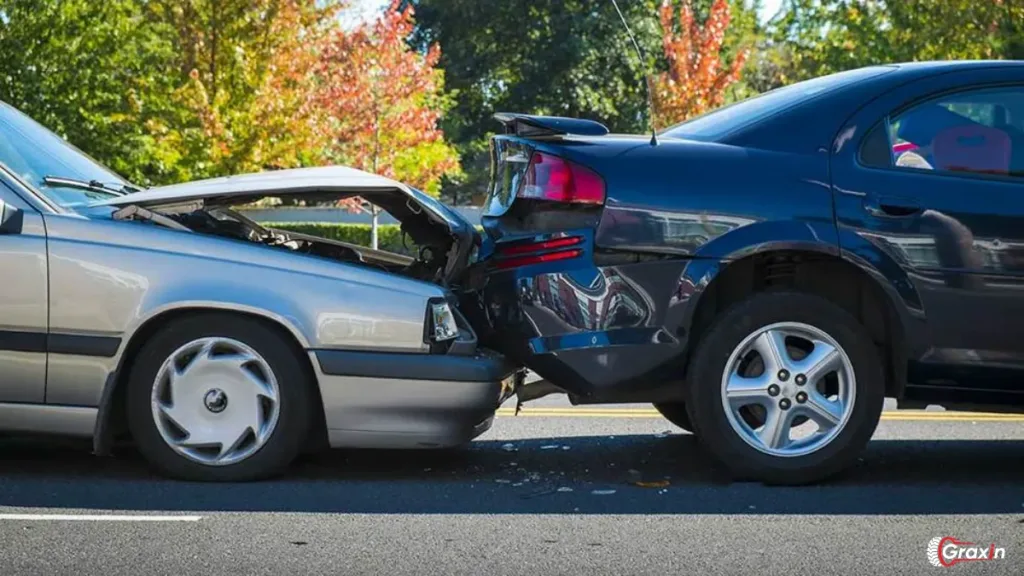
In events wherein brake checking triggered an accident, the primary offender or person who is generally held liable is the one who made the first move by attempting to brake check. Car insurance claims arising from brake checking could, at times, be a complicated matter; this is especially so when there is virtually no evidence of what transpired during that particular incident. Recent years have seen a general consensus on the fact that any motorist should have a dashcam in his vehicle, as it would be able to capture the very instant an accident happened, thus establishing liability in the insurance claim or other legal issues.
How to Avoid Becoming a Brake Checker
Beginning with mindfulness, you will catch yourself from brake checking others. The next step is holding your breath and trying to remain as cool as possible when frustrated or angry while driving. Note too that brake checking solves none of the problems but rather produces new ones.
- Stay calm: Don’t let aggressive drivers provoke you.
- Keep a safe distance: If someone is tailgating you, avoid the temptation to brake check.
- Use defensive driving techniques: Always aim for a safe and courteous driving style.
What to Do If You Witness Brake Checking
If you see another driver brake checking, your first priority should be safety. Keep your distance and avoid getting involved. If the behavior is reckless and dangerous, you can report the driver to the local authorities.
Technology and Brake Checking
Modern car technology, such as automatic emergency braking (AEB), can help prevent accidents caused by brake checking. These systems can detect sudden stops and react faster than human drivers, potentially avoiding collisions.
Conclusion
Brake checking is dangerous and illegal road behavior that may result in road rage, other car accidents, legal problems, and other issues. And, for such instances, make it known to brake checking dangers so one can learn how to handle it properly for safer roads with you and others around the way. Keep in mind that defensive driving and emotionally not reacting is truly the safest way to avoid automobile conflicts.
FAQs
- Is brake checking illegal everywhere?
Yes, in most places, brake checking is considered reckless driving and is illegal. - Can brake checking cause an accident?
Absolutely. Brake checking often leads to rear-end collisions, which can result in severe injuries and damage. - What should I do if someone brake checks me?
Stay calm, back off, and avoid retaliating. If the situation is dangerous, consider reporting it to authorities. - Will insurance cover an accident caused by brake checking?
It depends, but in many cases, the driver who initiated the brake check will be held liable. - How can I avoid brake checking someone?
Stay calm and maintain a safe following distance. Never use your brakes to “teach” another driver a lesson.
Also Read: 4-Link Suspension: All You Need To Know



